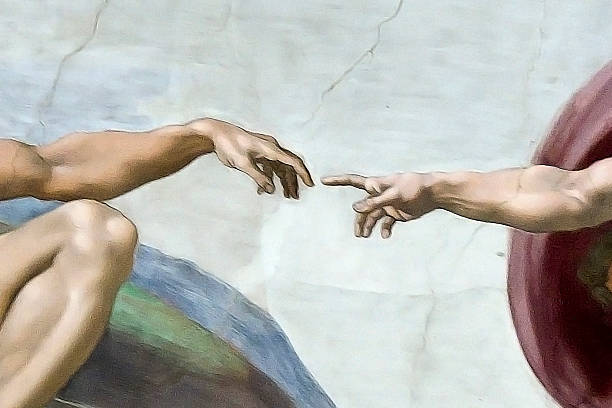As more artists’ personal lives and actions come under public scrutiny, the question of whether one can, or even should, separate art from the artist becomes increasingly complex. For many, a beloved song or cherished movie has been forever tainted by the troubling revelations about its creator. While people often argue that it is possible to appreciate the art independently, this approach may oversimplify a nuanced ethical dilemma. Art does not exist in a vacuum, and neither do our reactions to it. One must examine the results from enjoying art indirectly when it supports someone whose actions or beliefs are harmful.
In a culture increasingly shaped by social media, it has become nearly impossible to ignore the personal lives of artists. Kanye West, for instance, once admired for his musical genius, has disappointed fans with his recent antisemitic comments. His behavior forces prior fans to grapple with an uncomfortable question: can one still enjoy his music without condoning his actions? Some say that if the art itself is not problematic, then it is acceptable to consume it. However, this ignores a fundamental truth. Art is inherently connected to its creator, an expression of the artist’s experiences, beliefs, and worldview. When those beliefs are destructive, appreciation risks becoming complicit, whether it is realized or not.
The financial aspect of supporting an artist whose values do not align with one’s own must also be considered. Listening to an artist’s music on streaming platforms, for example, may seem harmless but can directly fund that artist’s career and platform. Kanye West, R. Kelly, and Chris Brown all continue to profit when people consume their work. Some assert that if an artist is still alive and actively reaping financial rewards, then supporting their art indirectly supports their behavior. If one truly values accountability, then consumer choices matter, particularly when consumption provides financial and social validation to individuals who have caused harm.
Nevertheless, not every artist’s misdeeds are grounds for boycotting their work. A great deal of fans experience a profound emotional connection to art, shaped by years of personal meaning and nostalgia. The connection can make it difficult to simply abandon a favorite album or classic film. Even so, this attachment does not make the artist’s actions any less harmful. One might feel personally disappointed by revelations about an artist’s character, yet one’s feelings are not more important than the pain they may have caused others. Choosing to support the art while minimizing the impact on the artist could involve creative solutions, like streaming through unofficial channels or purchasing used physical copies of their work. Responses should be guided by a commitment to ethical consumption, not mere convenience.
Through reflection, one must also consider the implications of virtue signaling. Publicly declaring to not support a problematic artist versus following through in meaningful ways is not interchangeable. Declaring a moral stance may feel satisfying, but without a commitment to real change, it risks becoming performative. Supporting or condemning an artist requires thoughtfulness, awareness, and consistency, not a mere social media post. Acknowledging emerging internal conflicts is crucial if the issue is to be approached honestly.
Ultimately, the separation of art and artist is a deeply personal decision, yet one that carries ethical weight. To engage thoughtfully with art is to recognize that it reflects and shapes culture in ways that go beyond individual enjoyment. While a one-size-fits-all answer cannot be reached, one can strive for an approach that respects both the power of art and the responsibility that comes with supporting it. Perhaps the struggle itself is part of what it means to be a conscientious consumer in today’s world as people wrestle with these questions.




